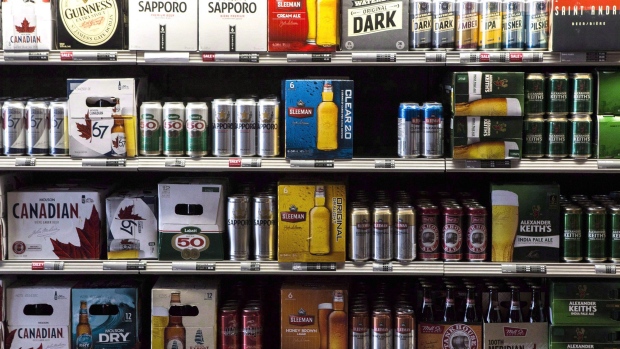Mar 22, 2017
8 things you missed in the budget

Maintaining the status quo in the face of heightened global economic uncertainty headlined this year’s federal budget, but the 278-page document was packed with smaller details of interest. Below, the round-up of items you may have missed in this year’s fiscal plan.
1. No US$60-oil until 2021
Ottawa is lowering its longer-term outlook for the price of oil, pushing out its expectation for oil above US$60 per barrel by a year to 2021. The federal government is forecasting West Texas Intermediate will average US$56 over the course of the next five years.
2. Eliminating the public transit tax credit
Ottawa will put an end to the Public Transit Tax Credit as of June 30, 2017, in a move prompted by the government seeing paltry evidence the credit has been effective in encouraging public transit use and reducing greenhouse gas emissions.
3. Extending the exploration tax credit for junior miners
The Federal government is extending the tax credit for junior miners for another year, effective until the end of March 2018. The move is expected to help junior miners attract more financing, and should result in a net tax reduction of $30 million over the next year.
4. Funds for pipeline safety
Budget 2017 earmarks $17.4 million over the course of the next three years for pipeline safety oversight, as a number of new projects are on the table and facing stiff criticism. Ottawa says the costs will be fully recovered from the industry.
5. Tax ride-sharing services the same as cabbies
Ottawa is pledging to level the playing field of tax treatment of ride-sharing services and the traditional taxi industry, ensuring Uber drivers and the like are subject to the same GST and HST rates as cab drivers.
6. End of the Canada Savings Bond
The Canada Savings Bond Program will be wound down after 70 years, as the program is no longer a cost-effective source of funds for the feds. The government will discontinue sales of new Canada Savings Bonds in 2017, but will continue to honour all outstanding notes.
7. $30 million for Alberta resource employment
The federal government is cutting a $30-million cheque for Alberta’s embattled resource sector, a one-time payment aimed to support provincial actions to stimulate activity and employment in the space.
8. Booze gets pricier, but not by much
A bottle of beer will get ever so modestly pricier as of the day after the budget, with the excise rate rising two per cent, working out to about $0.05 per case of 24 beers, and $0.07 for a 750-ml handle of vodka.





